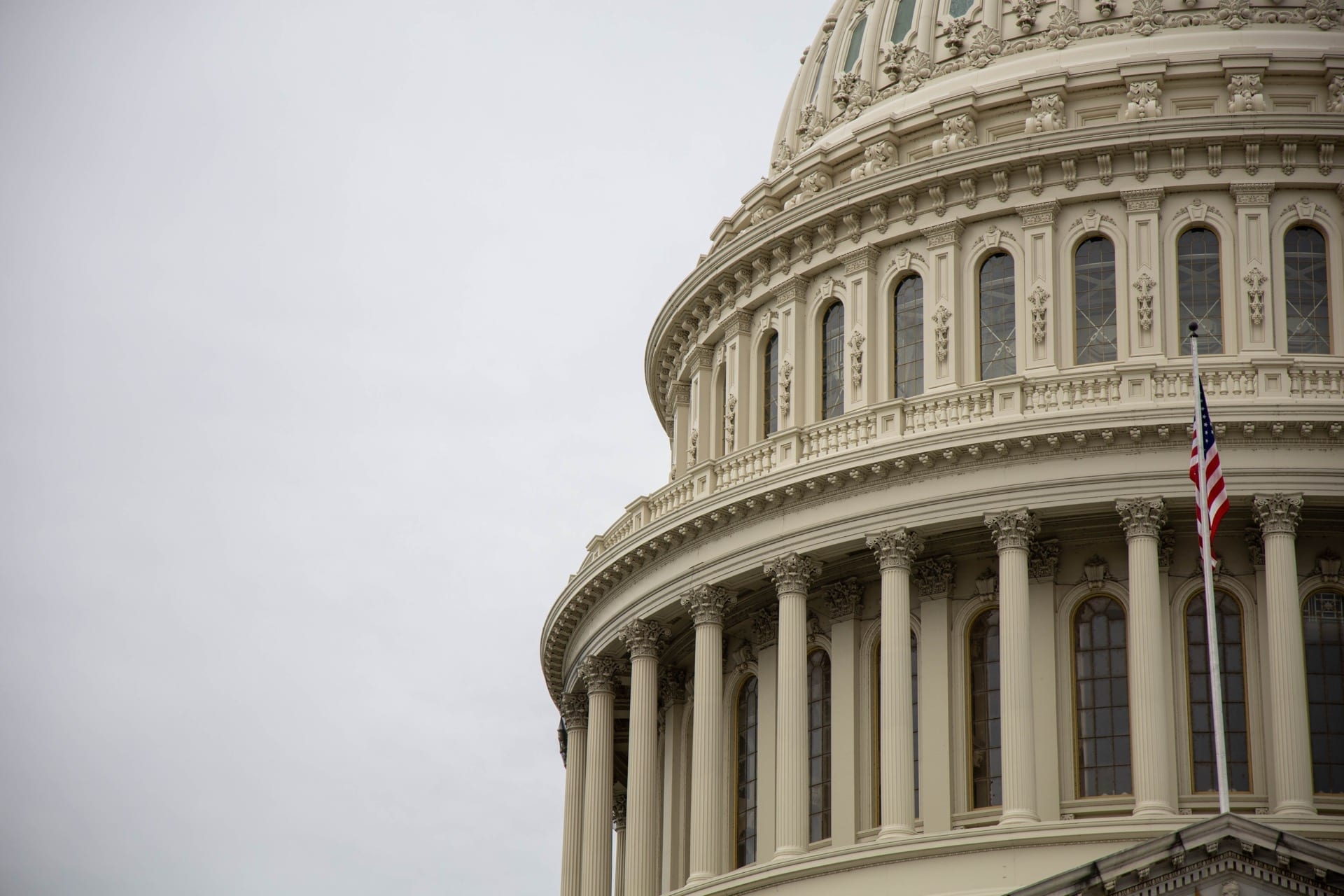We are releasing today Democracy Corps’ results for addressing the fiscal cliff and policies and messages that get the country to the best short and long-term result. Because voters do not trust the Republicans’ priorities and judgment and see them as so extreme in protecting millionaires at the expense of the middle class and poor, our messages and policies get more than a fair hearing.
For the short term and fiscal cliff, do not forget that the economy is still tough (incomes, finances, and jobs) and progressives’ best messages begins with the struggling middle class that both parties promised to help, and that means above all making sure there are no cuts in benefits for Medicare and Social Security. We should get health care costs down, tax the richest, and get rid of special interest subsides but we can’t ask the middle class and seniors to pay what they can’t afford.
The Republicans are mostly on the defensive when progressives advocate protecting benefits and Republicans argue for ‘reforming entitlements’ — that is, cutting Medicare and Social Security in order to protect the richest from higher taxes.
For the longer term, voters are very open to investing for growth now, avoiding the immediate, drastic cuts in spending that hurt the economy, and a plan that addresses jobs in the short-term and deficits in the long.
The poll’s principal findings are summarized below:
- The Republican Party is viewed as too extreme on many critical issues – both fiscal and cultural – including aid to the poor, the rights of gays, women’s issues, and taxes for the wealthiest individuals and corporations.
- The Republican brand is in trouble, based on a real pull-back among moderate-to-liberal Republicans who question the party leadership’s priorities in the budget negotiations.
- The strongest proposals to reduce the deficit are all progressive policies, including raising taxes and reducing deductions for the wealthiest, lifting the payroll tax cap, and raising Medicare premiums for those who can afford to pay more.
- The least popular policy proposals are those that would hit the middle class and working people hardest, including benefit changes to Medicare and Social Security, raising the Medicare eligibility age, and adjusting the way Social Security cost of living assessments are calculated.
- Progressives’ best messages are situated in the economy: what’s happening to the middle class and middle class families’ inability to afford benefit cuts. Above all progressives should want a debate over entitlements with the goal to make sure the middle class is whole. This message cuts across groups and clearly frames what each side aims to get out of these negotiations.
- Americans have moved toward progressive economics on investment. An investment message does not hurt the progressive argument and has the power to reinforce basic tenets of progressive economics for key groups – especially those who have been hardest hit in this economy.
- Unemployment and long-term deficits remain problems, so a message focused on getting jobs and growth in the short-term and addressing debt in the long-term is also strong.
- But the conservative message focused on spending is still very attractive and makes sense to voters. It is important to reframe the conservative position through entitlement cuts and the impact on the middle class and poor.





